Serving neighbors with excellence for decades
The importance of a breast self-exam
Studies show that women find ninety percent of breast lumps that can be felt. Despite that fact, only a small percentage of women practice regular breast self-exam, a self-care skill that requires only minutes a month and could possibly save their lives.
Breast cancer is the number one female cancer, afflicting one out of eight women over a lifetime. At present, there is no effective method to predict which women will have breast cancer.
Because of this, breast cancer becomes every woman’s enemy, and every woman needs to learn the most effective methods of protecting her breast health and future. The best protection is an informed woman who is familiar with her own breasts. She should practice regular breast self-exam (BSE), learn signs and symptoms that a healthcare provider should evaluate, have regular clinical breast exams (CBE) and go for mammograms on the recommended schedule. The good news is that if breast cancer is detected early, it has a far greater chance of being treated successfully.
When to check your breasts:
Check your breasts when they are least filled with fluid:
- Menstruating women should check their breasts the last day of their menstrual period or several days past.
- Menopausal or pregnant women should select the same day of each month.
- Women on hormonal therapies who cycle off their medication need to perform their exam the day they resume medication. If medication is not stopped, select the same day of each month.
- Breastfeeding mothers should examine their breasts when all milk has been expressed. Sometimes only one breast can be checked at a time because all the milk cannot be expressed completely from both breasts.
- Mastectomy or lumpectomy patients need to continue to carefully examine their remaining breast and surgical site, with special attention to the incisional area. Also check for lymph node enlargement above and below the collarbone.
For information on how to perform a self breast exam, please contact the Turner-Dugas Breast Health Center at 615-595-4570.
To schedule a mammogram, call 615-435-5022.
